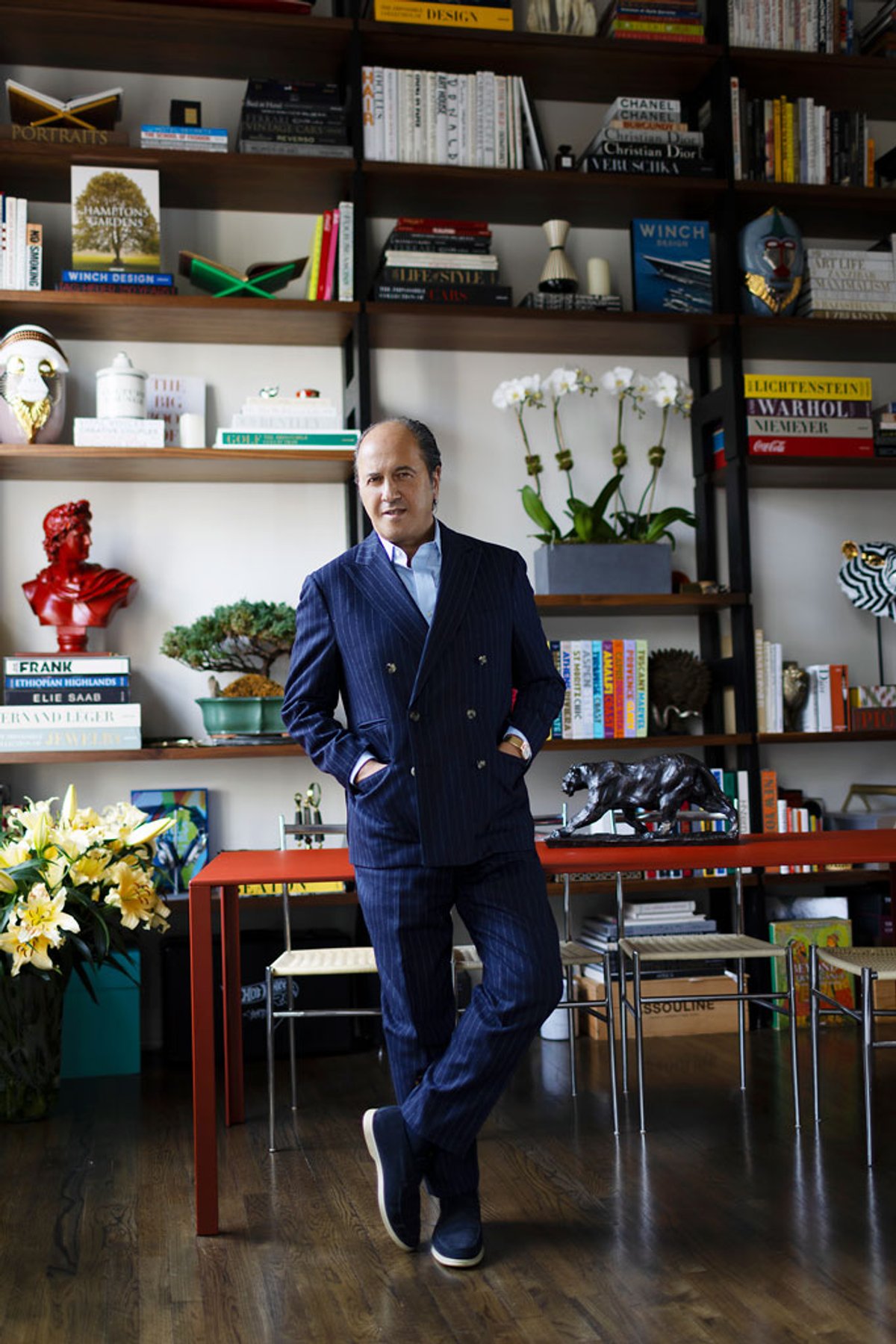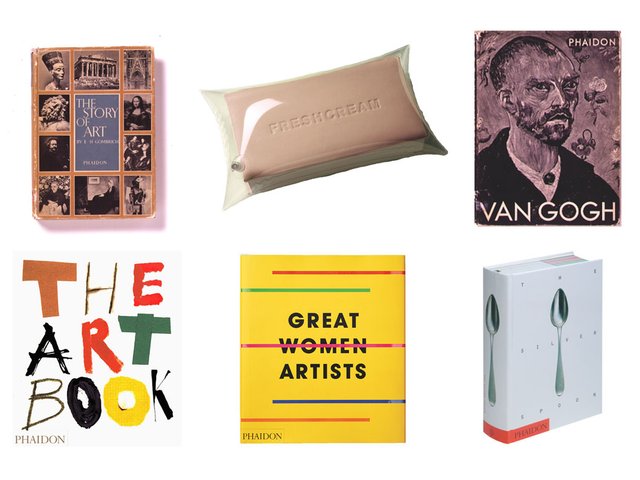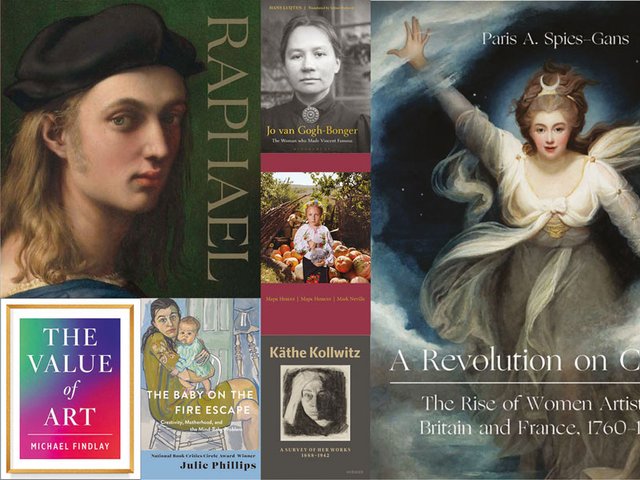Assouline is a book publishing brand unashamedly centred on “the notion of true luxury”. Founded in 1994 by Prosper and Martine Assouline, the company has produced more than 1,700 titles across four main collections—Icons, Classic, Legend, and Ultimate—covering art history, travel and culture (the XXL collection is a limited series). Artists and designers given the lavish Assouline treatment include René Magritte, Andy Warhol, Les Lalanne and Joaquín Sorolla.
Assouline’s next big art tome, out this month, focuses on Bauhaus Style. “Assouline’s book offers a more playful and subjective approach to the Bauhaus world, which to me as a scholar felt very relaxed,” says the author and Vitra Design Museum director Matteo Kries. “I also like that the images included are huge in size and printed in very high quality, which gives them a strong character, nearly like in a museum.” We spoke to Prosper Assouline about how the company has evolved and his future plans.
The Art Newspaper: On the eve of your 30th anniversary, how would you describe the Assouline brand?
Prosper Assouline: We produce so many things. We produce 120 books every year across four collections so it's a lot—there is our Icons collection (smaller format, around €60), followed by our Classics collection which all cost around €105 each, including our Travel series. Then there is the Legends collection, they cost around €250 each.
The Legends tomes are the authority on their subjects, inspired by mythic eras, artists, and high society. And at the top is the Ultimate collection, which is my favourite collection, it's a collection completely made by hand, uniquely by artisans. They are really haute couture. These cost around €1,200 and we have some special editions.
There is a very small triangle on the top of the pyramid for books in our XXL series; these cost around €15,000. They can measure 2m when opened, they can be the size of a window!
Are your books just meant to be decorative?
The books can cost €60 or €15,000. They are designed to be an object because you need to live with them. It's not just about what is inside but it is also 80% what is outside. Because it's part of your life, it's part of your decoration I would like to say.All of the books are made in collaboration with my wife and my son [Alexandre]; it's our cabinet of curiosities. I take care of the designs.
I like to think we are the client. I want to create the books I would like to own. And we decided to create such books because we did not find what we wanted. So, we are first and foremost the client.
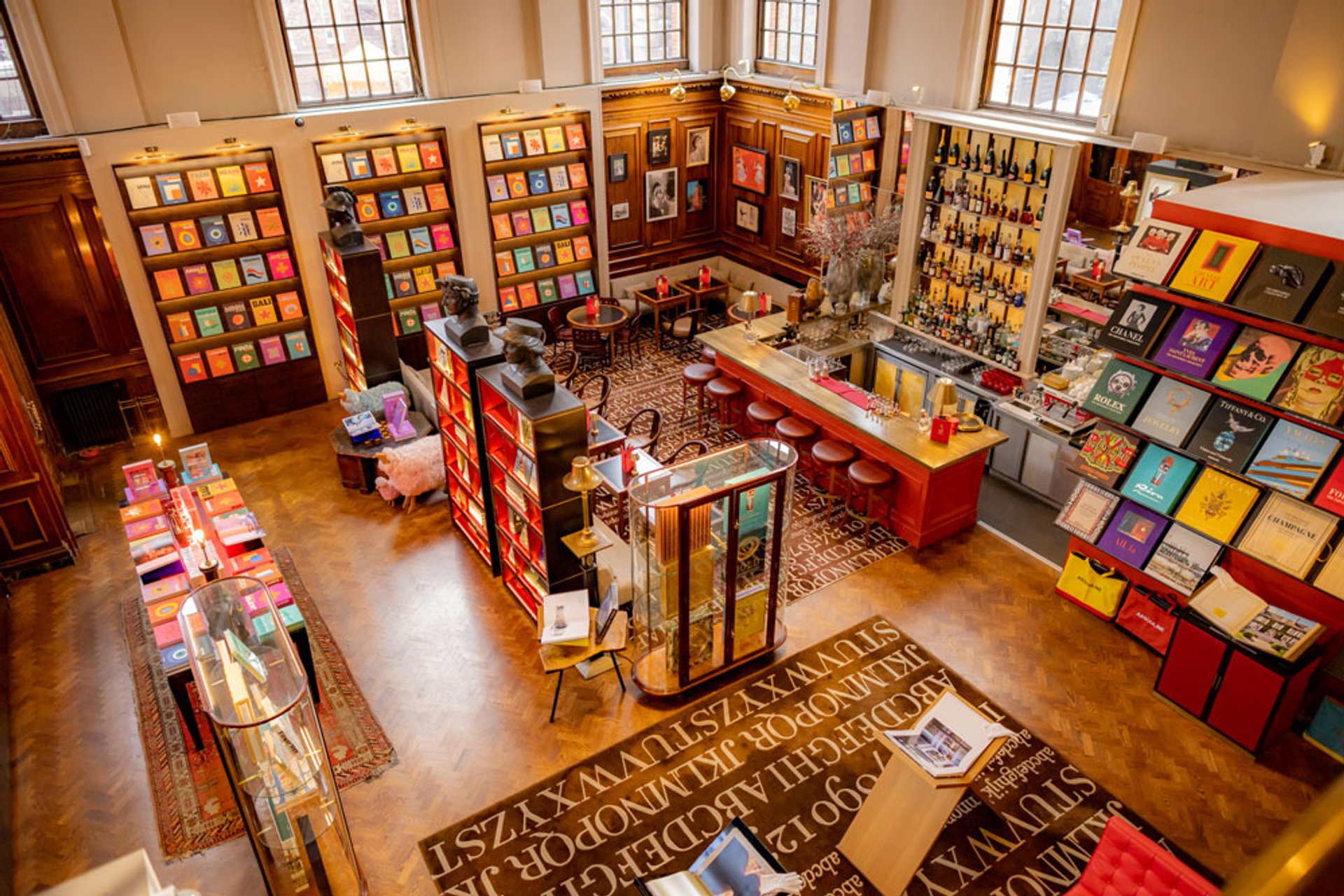
Maison Assouline, the publishing houses flagship shop in London © Justin De Souza
How is the company structured?
Everything is done in-house at Assouline, and we like to control everything: the production, editorials, designs, distribution, logistics and all the things that are not visible. Other publishers work with people from outside, the logistics are all external—we do exactly the opposite.
What is your approach to publishing art history texts?
What is the value for us in doing another book on Picasso? No way. What we wanted is to look at Picasso from a certain point of view. So we did a beautiful book and asked his granddaughter Diana Widmaier Picasso to choose the best 100 pieces [Pablo Picasso: The Impossible Collection, 2019]. It’s an excellent text, very simple. It’s a success. Why? Because it's a point of view. It's not as if we tried to cover everything on Picasso. This is the only way we are going to cover art.
The book by Empress Pahlavi [of Iran] was also from her point of view [Tehran Modern, 2019]. Not a lot of people know about the museum [Tehran Museum of Contemporary Art] she created before she had to leave [in 1979 during the Islamic Revolution]. It was all about her love for art. It was one of the most incisive publications and insights into the collection because there’s not really much out there about that collection.
What are your forthcoming publications?
We are doing the second edition of The Impossible Collection of Art [October]. The first edition, published in 2010, was our first book in the Impossible collection series (part of our Ultimate collection). When I did this book 15 years ago, it was the ultimate art collection, all based on the idea of saying: “If I have to die in one room filled with art, it will be here.”
I said, “I'm going to find the best pieces and put them in one book.” We asked [dealers] Philippe Segalot and Franck Giraud to choose the best 100 pieces of the 19th and 20th centuries. The updated version coming out later this year is about art until today, selected again by Segalot
What is your strategy regarding digital publishing?
Everything is in print still. But I'm not going to translate our books into digital form. Never.
What does the future publishing landscape look like for you?
For us, it’s going to be more and more about luxury, we push the quality. We want to be more and more exceptional. It may be more expensive but the quality will stay impeccable.
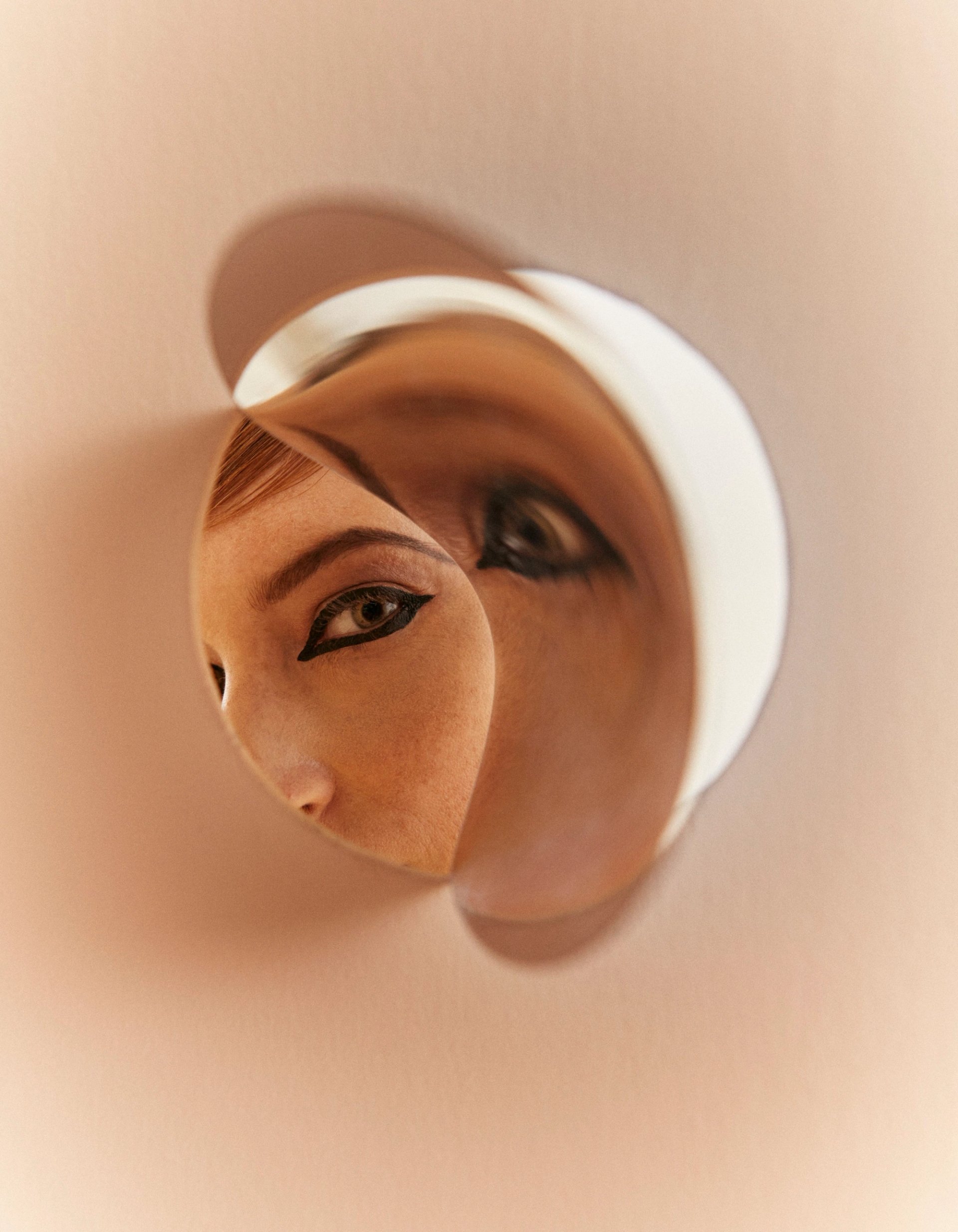
Surreal image from a fashion editorial photographed by Pelle Crépin, “Under the Illusion,” Kinfolk, issue 38, November 2020. Featured in Bauhaus Style.
courtesy Assouline


